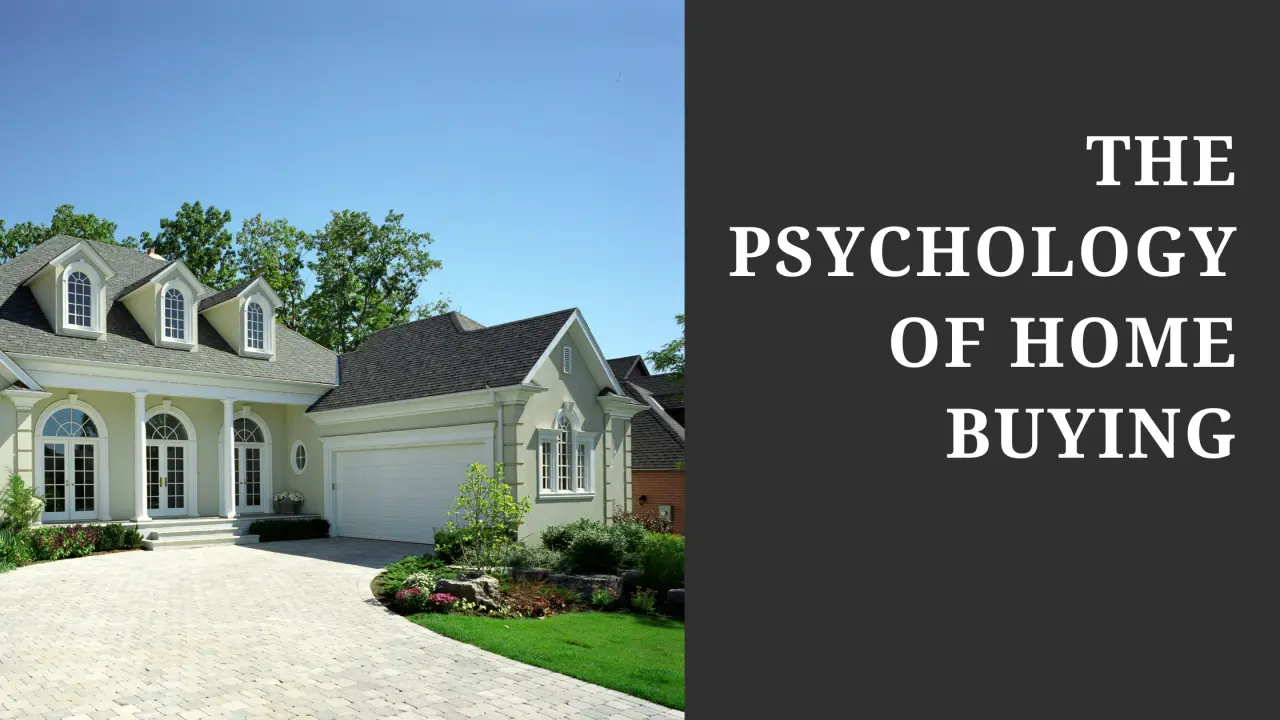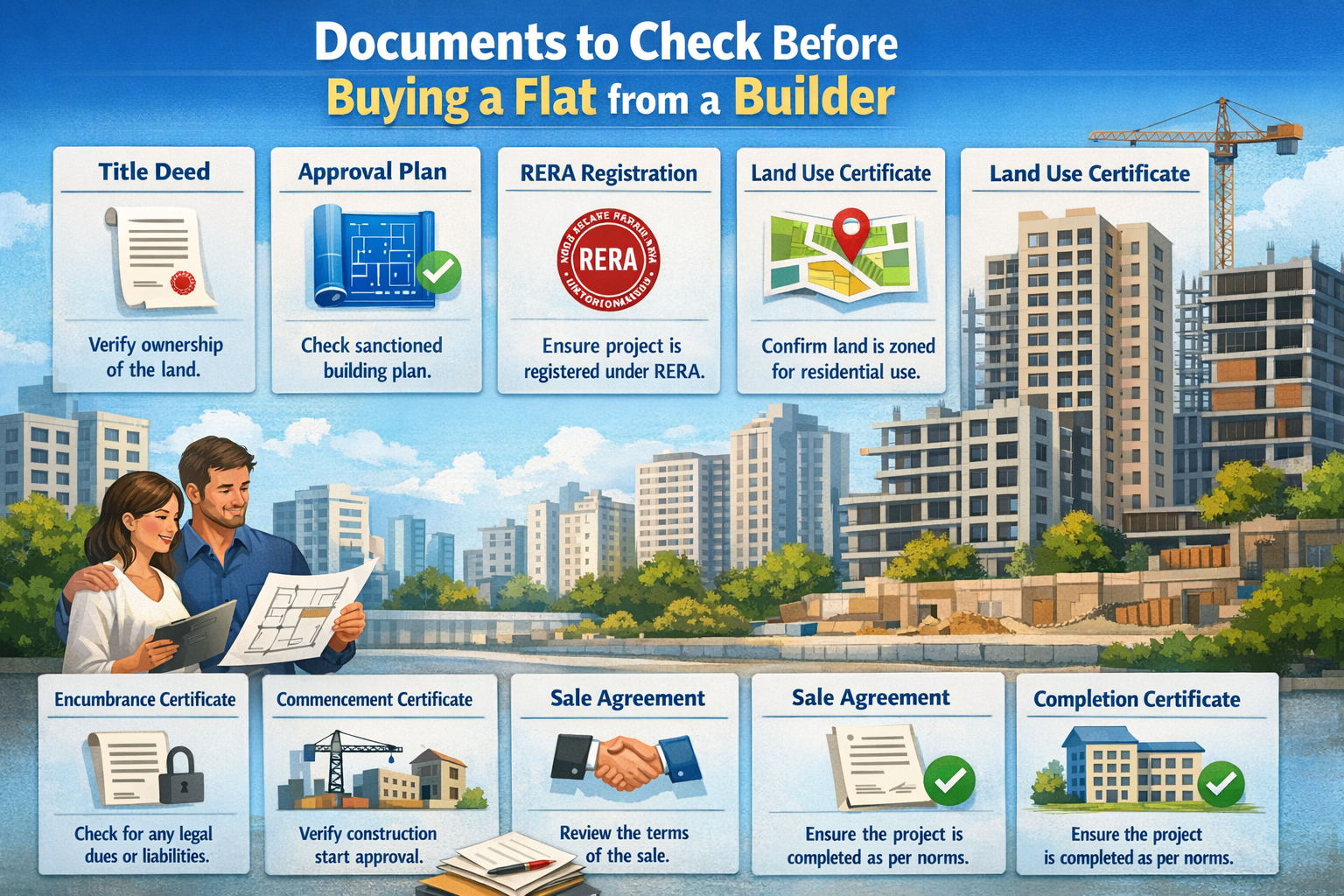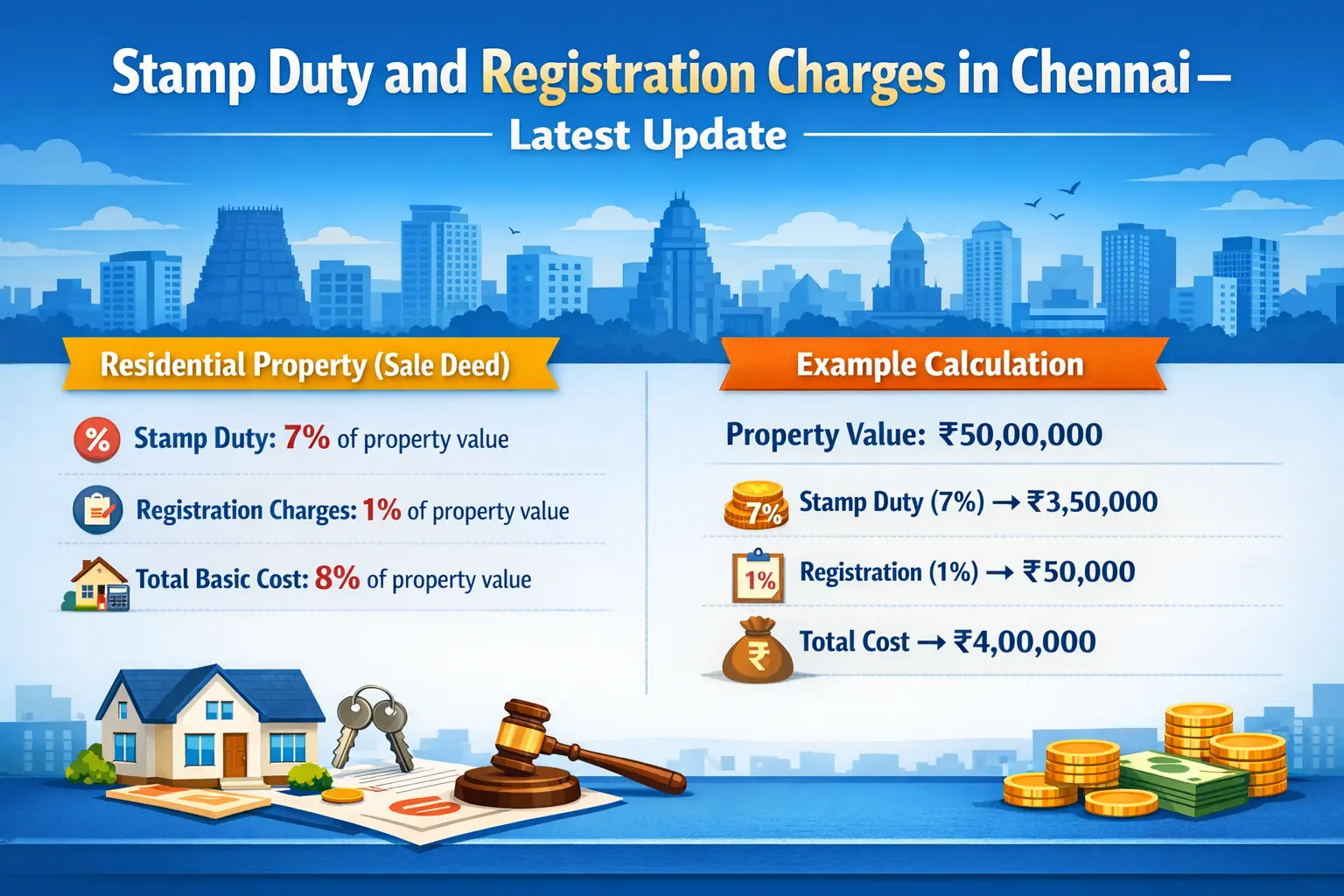In 2025, the decision to buy a house is a deeply psychological journey, shaped by a confluence of emotional aspirations, practical needs, and the prevailing socio-economic landscape. While financial considerations are undeniably crucial, what really drives a buyer to take the plunge goes far beyond mere square footage and price tags. It's a quest for an enhanced life, security in an uncertain world, and a space that reflects their evolving identity and values.
1. The Quest for an Enhanced Life & Identity:
- Aspirational Living: More than ever, a home in 2025 is viewed as a symbol of achievement and a crucial component of the buyer's desired lifestyle. It's not just about shelter; it's about acquiring a space that reflects their personal success, identity, and aspirations for the future. They envision the life they will live there – the family gatherings, the quiet mornings, the personal growth.
- Emotional Connection & First Impressions: Buyers often make subconscious decisions within moments of encountering a property. Factors like natural light, architectural design, the perceived "feel" or "vibe" of the home, and even its scent can create an instant emotional connection. If a home "feels right," buyers are more likely to overlook minor flaws.
- Nostalgia and Future Dreams: A property might trigger fond memories of the past or align with long-held dreams for the future (e.g., a spacious kitchen for someone who loves cooking, a garden for nature lovers, or a home office for aspiring entrepreneurs).
2. The Deep-Seated Need for Security and Stability:
- Sanctuary in Uncertain Times: In a world that can feel volatile, a home represents a private sanctuary – a place of safety, comfort, control, and emotional stability for the buyer and their family. This psychological need for a secure "nest" is a powerful motivator.
- Financial Security & Long-Term Investment: While an emotional purchase, the financial aspect is deeply intertwined with the need for security. Homeownership is still largely seen as a sound long-term investment and a path to building wealth and stability. In 2025, buyers are conscious of property value appreciation and the home as a tangible asset, especially against a backdrop of fluctuating rental markets.
- Fear of Missing Out (FOMO): In competitive market segments, the fear that desirable properties will be snapped up quickly, or that prices will continue to rise, can create a sense of urgency and accelerate the buying decision.
3. The Demand for Functional, Adaptive, and Future-Proof Spaces:
- Evolving Lifestyle Needs: The experiences of recent years have reshaped how people use their homes. In 2025, there's a continued demand for multifunctional spaces that can accommodate remote work, hobbies, fitness, and family life. Buyers are looking for versatility – a spare room that can be an office, a guest room, or a gym.
- More Space (Indoors and Out): The desire for more spacious living environments, including access to outdoor areas like patios, balconies, or gardens, remains strong. This is linked to well-being, the need for personal space, and the ability to entertain or relax outdoors.
- Sustainability and Eco-Consciousness: A growing psychological driver, especially among younger demographics like Millennials and Gen Z (who form a significant buying cohort), is the desire for sustainable and eco-friendly homes. This includes energy-efficient appliances, green building materials, and features that reduce environmental impact and potentially lower utility costs. This aligns with a broader value system and a desire for responsible living.
- Tech Integration (Smart Homes): Buyers in 2025 increasingly expect homes to be equipped with smart technology. Features like integrated security systems, smart thermostats, automated lighting, and robust internet connectivity are no longer seen as luxuries but as essential for convenience, efficiency, and modern living.
4. The Influence of Social & Community Factors:
- Community and Belonging: Particularly in urban areas and noted in the Indian context (including Chennai), the appeal of integrated townships and well-planned communities is significant. These offer not just a home but a lifestyle, with amenities, green spaces, and a sense of community, catering to the psychological need for connection and a supportive environment.
- Location & Accessibility: Proximity to workplaces (especially relevant in IT-driven cities like Chennai), good schools, healthcare, and transportation links remains a critical factor. This is tied to convenience, quality of life, and reducing daily stressors.
5. Navigating Affordability and Value in 2025:
- The Affordability Challenge: While aspirational, the decision to buy in 2025 is heavily influenced by the realities of affordability, including property prices and interest rates. This financial pressure creates psychological stress but also drives pragmatic decision-making, such as exploring peripheral areas or considering alternative buying strategies.
- Perceived Value and Quality: Buyers are more discerning. They seek value for their investment, which includes not just the price but also the quality of construction, the reputation of the developer (a noted factor in Chennai), and the potential for future appreciation. A sense of getting "good value" contributes to psychological comfort with the large financial commitment.
- Desire to Own vs. Rent: For many, the fundamental desire to own property rather than rent persists as a strong psychological motivator, linked to autonomy, stability, and the creation of a personal legacy.
In Chennai and Tamil Nadu specifically for 2025, these general psychological drivers are further nuanced by:
- Strong demand in IT corridors: Driven by professionals seeking homes near work.
- Growth in peripheral and suburban areas: Due to affordability and the search for larger spaces, supported by infrastructure development.
- Preference for projects by trusted developers: Highlighting the need for quality assurance and reliability.
- Increased interest in sustainable and smart home features.
Ultimately, what really makes a buyer purchase a house in 2025 is a complex interplay where a property successfully meets a critical mass of these emotional needs, practical requirements, and financial realities, all while aligning with their vision for a secure, comfortable, and fulfilling life.
https://www.livehomes.in/blogs













